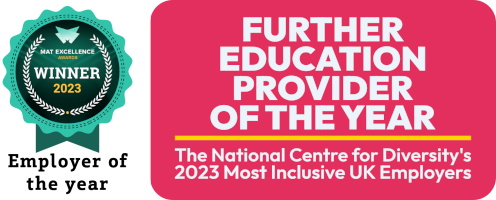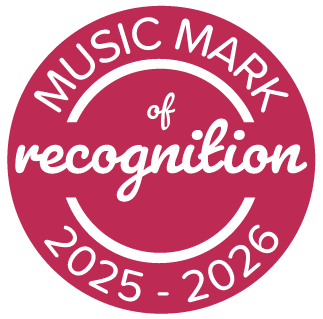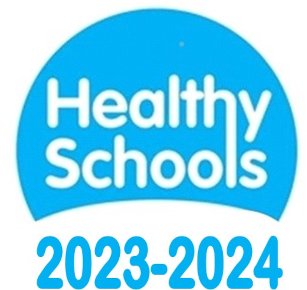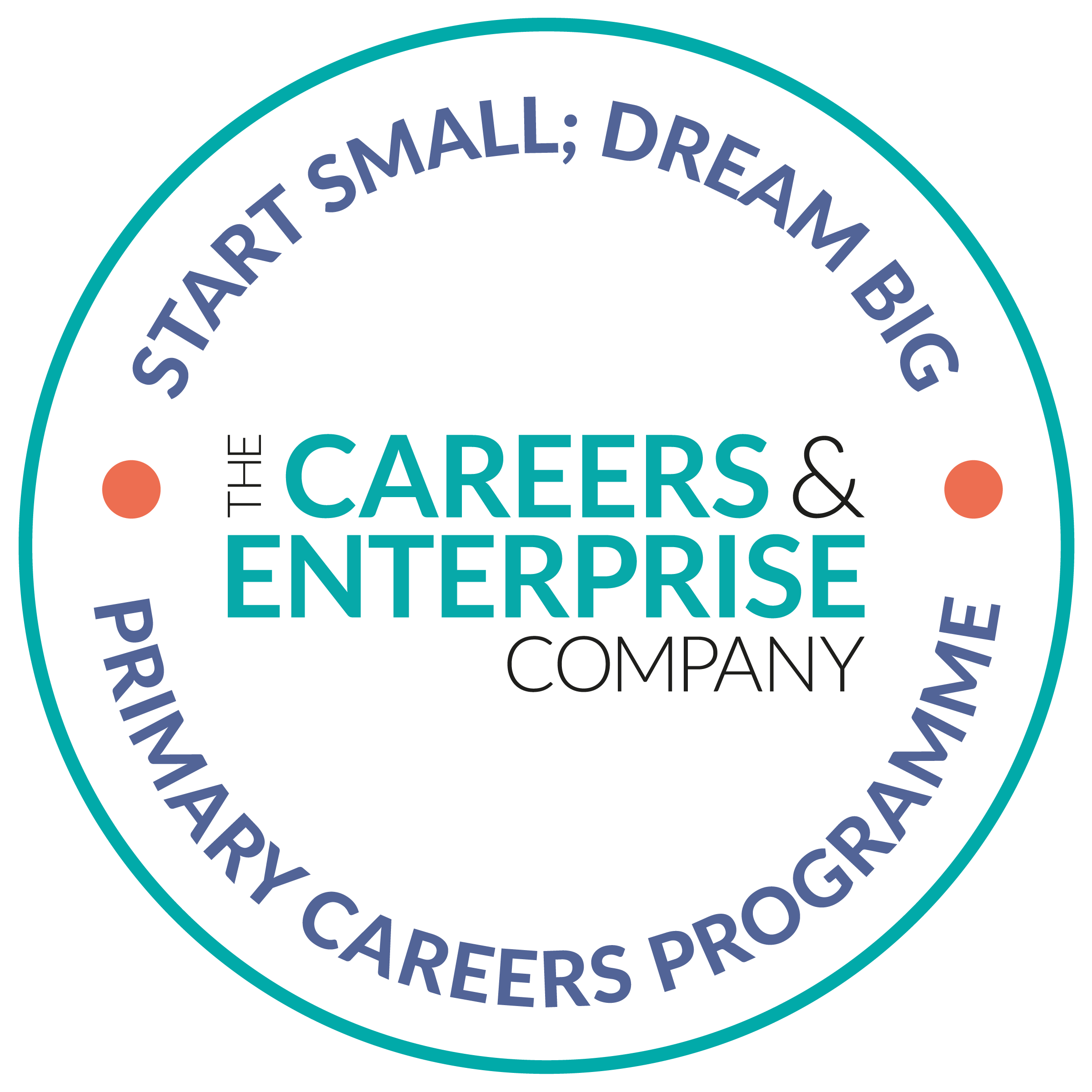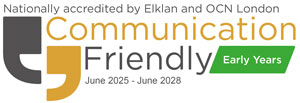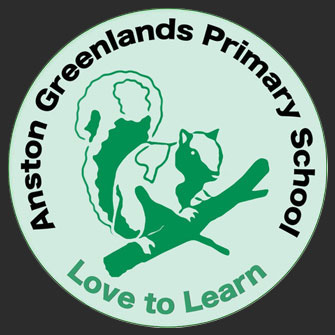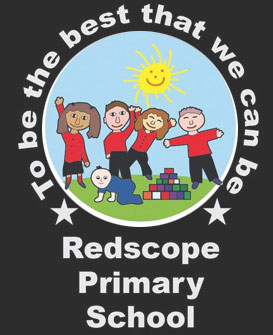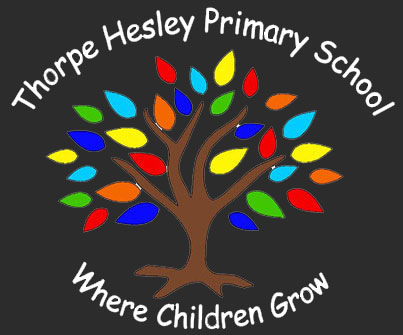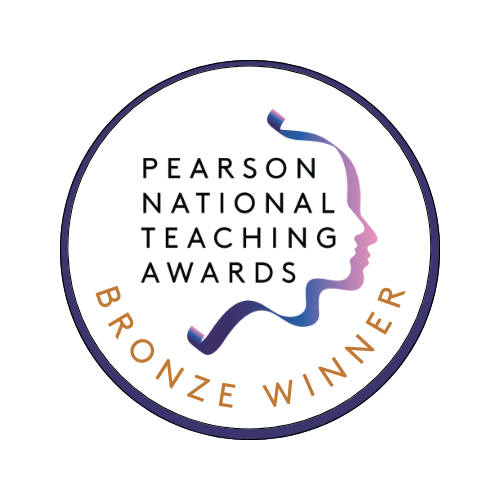
Thorpe Hesley EYFS team are Bronze Winners for the National Teaching Awards 2025
Thorpe Hesley Primary School’s Early Years Foundation Stage won a prestigious bronze award at the 2025 Pearson National Teaching Awards! This remarkable achievement highlights the dedication, passion, and hard work of the entire team in shaping young minds and providing an outstanding start to their educational journey. Well done to the team on this well-deserved recognition.
Learn all about what we’ll be teaching.
Curriculum Overviews
Nursery
Autumn Term 1 2025 – All about me
This half term we will be learning all about ourselves and our families. We will start the half term looking at the Paris Paralympics and developing our physical skills.
Autumn Term 2 2025- The Most Wonderful Time of the Year
Over this half term we will be finding out about different occupations and people who can help us in our local area. We will explore a range of religious and cultural celebrations including Bonfire Night, Remembrance and Christmas. Then we will prepare for our Christmas Performance ‘The First Nativity’ by learning new songs, playing musical instruments, acting and dancing.
Spring Term 1 2026 – Our Fascinating World
During this half term we will be learning about the different animals that live in Africa and Polar lands. We will find out interesting facts and information about Africa and Polar lands. We will explore the differences in culture including clothing, music and stories.
Spring Term 2 2026 – Let’s Get Growing
This half term we will be learning how to care for living things and exploring how to make things grow.
Summer Term 1 2026 – Story Festival
This half term there will be lots of exciting learning will taking place. We will be listening to lots of stories and building story language in our play. We will be telling our own stories in small world using props. We will Re-enact our favourite traditional tales to perform to all our friends. We will create artwork related to the story of Goldilocks and the Three Bears.
Summer Term 2 2026 – Magical Mayhem
This half term the children will be exploring all things magical. Keep an eye out for our exciting learning.
https://thorpehesleyprimary.rotherham.sch.uk/wp-content/uploads/2024/05/N-Su-2-Curriculum-Newsletter.pdf
Reception
Autumn Term 1 2025 – My World
In September we will focus on welcoming our children into school and developing relationships with adults and peers. During the first few weeks we will complete a baseline assessment which is done practically through play-based activities. We will then join a whole-school topic based around our outdoor environment.
Learning will be brought to life through story, dance, music and creative activities. Please see our X page for updates on our learning.
Autumn Term 2 2025 – The Most Wonderful Time of the Year
The children will enter the Most Wonderful Time of the Year by learning about staying safe on bonfire night, recognising a safer stranger and taking part in anti-bullying activities. They will then be cascaded into the Christmas season with a walk through Narnia before the celebrations begin. This is a lovely time for learning and making memories in Foundation Stage.
Spring Term 1 2026 – Multicultural
This half term we will be joining in with the whole school Multicultural half term. The Reception children will be learning about China and the Nursery will be learning about Polar Lands and Africa. This will allow the children to compare and discuss similarities and differences. The children will enjoy learning through a variety of different media. Please see the class pages for photographs around our learning.
Spring Term 2 2026 – Squeak and a Roar
We will be entering the world of animals big and small and exploring life cycles. We will be exploring animals from around the world and learning about why we might find them there. Children will also be invited to join the whole school for the Easter Bonnet Parade to church to celebrate Easter.
Summer Term 1 2026 – Once Upon a Time
The Foundation Stage children will be transported into the land of story telling and will be experiencing traditional tales through creativity. The will learn how to perform stories and extend their vocabulary by thinking about their audience. This is always an amazing time of the year where children are given the opportunities to bring stories to life.
Summer Term 2 2026 – Out of this world
This summer we will be exploring all things magical and mystical as we use our imaginations to travel through different fantasy lands and learn about dinosaurs, pirates and dragons. We have an exciting visitor lined up to help us with our learning.
National Curriculum
Expressive arts and design
Expressive arts and design involves enabling children to explore and play with a wide range of media and materials, as well as providing opportunities and encouragement for sharing their thoughts, ideas and feelings through a variety of activities in art, music, movement, dance, role- play, and design and technology.
Creating with Materials
- Safely use and explore a variety of materials, tools and techniques, experimenting with colour, design, texture, form and function.
- Share their creations, explaining the process they have used.
- Make use of props and materials when role playing characters in narratives and stories.
Being Imaginative and Expressive
- Invent, adapt and recount narratives and stories with peers and their teacher.
- Sing a range of well-known nursery rhymes and songs.
Personal, social and emotional
Personal, social and emotional development involves helping children to develop a positive sense of themselves, and others; to form positive relationships and develop respect for others; to develop social skills and learn how to manage their feelings; to understand appropriate behaviour in groups; and to have confidence in their own abilities.
Self Regulation
- Show an understanding of their own feelings and those of others, and begin to regulate their behaviour accordingly.
- Set and work towards simple goals, being able to wait for what they want and control their immediate impulses when appropriate.
- Give focused attention to what the teacher says, responding appropriately even when engaged in activity, and show an ability to follow instructions involving several ideas or actions.
Managing Self
- Be confident to try new activities and show independence, resilience and perseverance in the face of challenge.
- Explain the reasons for rules, know right from wrong and try to behave accordingly.
- Manage their own basic hygiene and personal needs, including dressing, going to the toilet and understanding the importance of healthy food choices.
Building Relationships
- Work and play cooperatively and take turns with others.
- Form positive attachments to adults and friendships with peers.
- Show sensitivity to their own and to others’ needs.
Communication and language
Communication and language development involves giving children opportunities to experience a rich language environment; to develop their confidence and skills in expressing themselves; and to speak and listen in a range of situations.
Listening, Attention and Understanding
- Listen attentively and respond to what they hear with relevant questions, comments and actions when being read to and during whole class discussions and small group interactions.
- Make comments about what they have heard and ask questions to clarify their understanding.
- Hold conversation when engaged in back-and-forth exchanges with their teacher and peers.
Speaking
- Participate in small group, class and one-to-one discussions, offering their own ideas, using recently introduced vocabulary.
- Offer explanations for why things might happen, making use of recently introduced vocabulary from stories, non-fiction, rhymes and poems when appropriate.
- Express their ideas and feelings about their experiences using full sentences, including use of past, present and future tenses and making use of conjunctions, with modelling and support from their teacher.
Literacy
Literacy development involves encouraging children to link sounds and letters and to begin to read and write. Children must be given access to a wide range of reading materials (books, poems, and other written materials) to ignite their interest.
Comprehension
- Demonstrate understanding of what has been read to them by retelling stories and narratives using their own words and recently introduced vocabulary. • Anticipate (where appropriate) key events in stories.
- Use and understand recently introduced vocabulary during discussions about stories, non-fiction, rhymes and poems and during role play
Word Reading
- Say a sound for each letter in the alphabet and at least 10 digraphs.
- Read words consistent with their phonic knowledge by sound-blending.
- Read aloud simple sentences and books that are consistent with their phonic knowledge, including some common exception words.
Writing
- Write recognisable letters, most of which are correctly formed.
- Spell words by identifying sounds in them and representing the sounds with a letter or letters.
- Write simple phrases and sentences that can be read by others.
Mathematics
Mathematics involves providing children with opportunities to develop and improve their skills in counting, understanding and using numbers, calculating simple addition and subtraction problems; and to describe shapes, spaces, and measures.
Maths
Have a deep understanding of number to 10, including the composition of each number.
- Subitise (recognise quantities without counting) up to 5.
- Automatically recall (without reference to rhymes, counting or other aids) number bonds up to 5 (including subtraction facts) and some number bonds to 10, including double facts.
Numerical Patterns
- Verbally count beyond 20, recognising the pattern of the counting system.
- Compare quantities up to 10 in different contexts, recognising when one quantity is greater than, less than or the same as the other quantity.
- Explore and represent patterns within numbers up to 10, including evens and odds, double facts and how quantities can be distributed equally.
Understanding the world
Understanding the world involves guiding children to make sense of their physical world and their community through opportunities to explore, observe and find out about people, places, technology and the environment.
Past and Present
- Talk about the lives of the people around them and their roles in society.
- Know some similarities and differences between things in the past and now, drawing on their experiences and what has been read in class.
- Understand the past through settings, characters and events encountered in books read in class and storytelling.
People, Culture and Communities
- Describe their immediate environment using knowledge from observation, discussion, stories, non-fiction texts and maps.
- Know some similarities and differences between different religious and cultural communities in this country, drawing on their experiences and what has been read in class.
- Explain some similarities and differences between life in this country and life in other countries, drawing on knowledge from stories, nonfiction texts and (when appropriate) maps.
The Natural World
- Explore the natural world around them, making observations and drawing pictures of animals and plants.
- Know some similarities and differences between the natural world around them and contrasting environments, drawing on their experiences and what has been read in class.
- Understand some important processes and changes in the natural world around them, including the seasons and changing states of matter.
Physical development
Physical development involves providing opportunities for young children to be active and interactive; and to develop their co-ordination, control, and movement. Children must also be helped to understand the importance of physical activity, and to make healthy choices in relation to food.
Gross Motor Skills
- Negotiate space and obstacles safely, with consideration for themselves and others. • Demonstrate strength, balance and coordination when playing. • Move energetically, such as running, jumping, dancing, hopping, skipping and climbing.
Fine Motor Skills
- Hold a pencil effectively in preparation for fluent writing – using the tripod grip in almost all cases.
- Use a range of small tools, including scissors, paintbrushes and cutlery.
- Begin to show accuracy and care when drawing.


